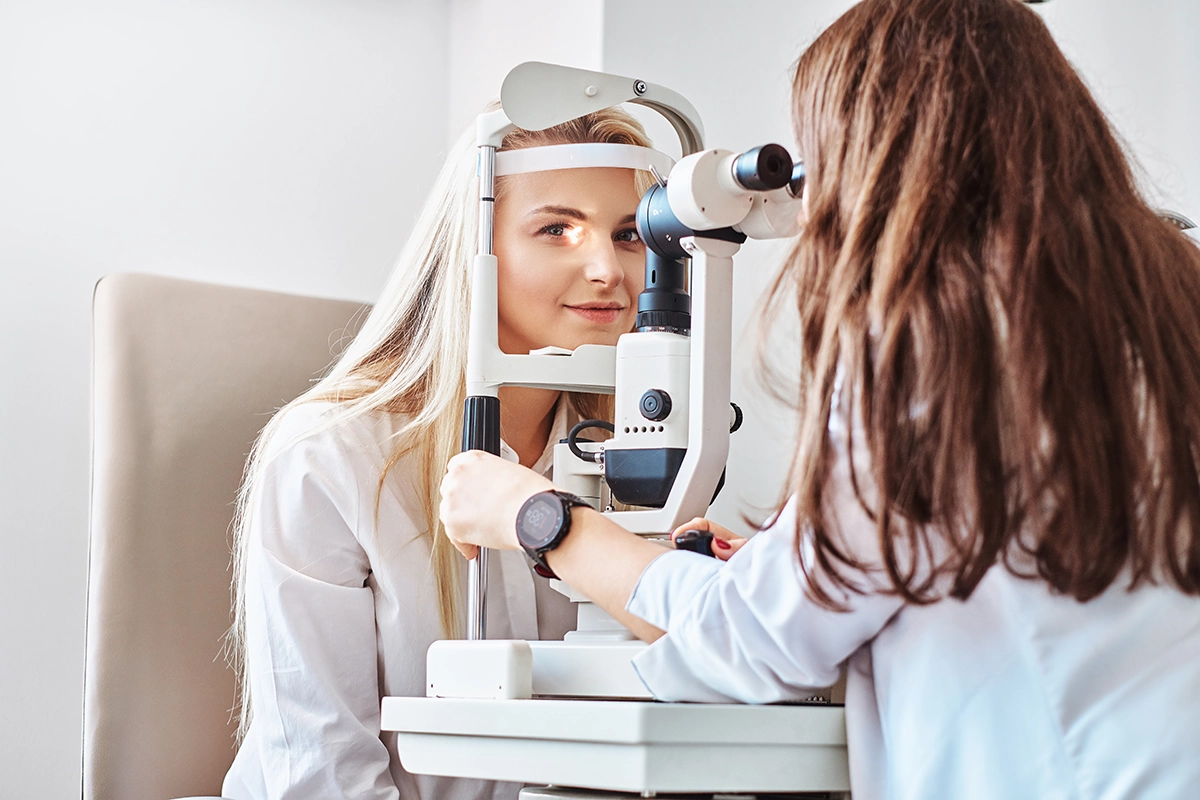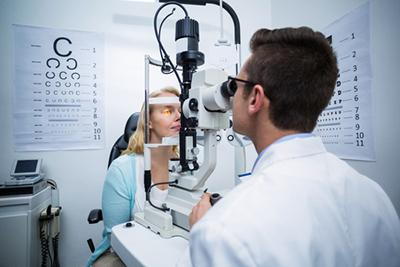Obtain Exceptional Care from a Seasoned Ophthalmologist in Nabua Today
The Value of Regular Examinations With an Ophthalmologist
Regular exams with an ophthalmologist play an important role in protecting one's vision and general eye health. These evaluations not just facilitate early recognition of potentially incapacitating conditions yet also make certain that any type of necessary changes to treatment strategies are made in a prompt way. Furthermore, the partnership built with an ophthalmologist enables tailored suggestions on eye care techniques that can enhance long-lasting end results. Many individuals stay uninformed of the details benefits these gos to supply and the possible effects of overlooking them. Comprehending this vibrant elevates vital questions about individual health administration.
Understanding Eye Health
Understanding eye health is essential for maintaining overall well-being and preventing potential vision troubles. ophthalmologist in nabua. The eyes work as our key ways of experiencing the world, making it important to prioritize their health. Regular eye exams play an essential function in keeping an eye on vision and finding early signs of eye conditions
Aspects influencing eye health consist of genetics, way of living, and environmental problems. Appropriate nourishment, including vitamins A, C, and E, along with minerals like zinc, can add to maintaining ideal eye feature.
It is likewise important to identify the significance of managing systemic health problems, such as diabetes mellitus and hypertension, which can detrimentally affect vision. By comprehending these variables, individuals can take positive actions to protect their eye health and wellness. Fostering understanding concerning the value of regular ophthalmologist check-ups equips people to look for specialist advice, ensuring extensive care and timely intervention when essential - ophthalmologist in nabua. Prioritizing eye health and wellness is not simply concerning vision; it is integral to improving one's high quality of life.
Common Eye Problems
Identifying usual eye problems is necessary for very early detection and effective management. Amongst one of the most common problems affecting vision are refractive mistakes, consisting of myopia (nearsightedness), hyperopia (farsightedness), and astigmatism. These conditions arise from abnormalities in the shape of the eye, leading to obscured vision that can commonly be fixed with glasses or contact lenses.
Cataracts, characterized by clouding of the eye's lens, generally create with age and can dramatically hinder vision if left without treatment. One more frequent problem is age-related macular deterioration (AMD), which affects the main part of the retina, resulting in vision distortion and trouble in acknowledging faces.
Glaucoma, typically referred to as the "quiet thief of view," is marked by raised intraocular pressure that can harm the optic nerve, leading to irreversible vision loss otherwise discovered early. Diabetic retinopathy is another significant condition, originating from diabetes-related helpful resources damage to capillary in the retina, potentially bring about blindness.
Timely recognition and treatment for these conditions can alleviate complications and preserve vision, emphasizing the significance of normal assessments with an eye doctor.

Advantages of Regular Check-Ups
Regular ophthalmologist check-ups play a vital role in maintaining eye health and preventing vision loss. These evaluations allow for the early discovery of numerous eye conditions, such as glaucoma, cataracts, and macular degeneration, which can lead to irreversible vision impairment otherwise determined immediately.
Additionally, routine evaluations help with the assessment of total eye function, enabling ophthalmologists to check any type like this of modifications in vision and adjust rehabilitative lenses or therapies appropriately. Regular exams additionally add to the monitoring of systemic health and wellness conditions, such as diabetes and high blood pressure, which can substantially impact eye health.
Furthermore, these visits give a possibility for individuals to receive individualized advice on eye treatment and protective actions, such as UV security and proper nourishment for eye wellness. In addition, establishing a continual connection with an eye doctor guarantees that people are kept educated about innovations in eye care and therapy options.
What to Expect Throughout a Test
During an ophthalmologist test, patients can expect a thorough assessment of their eye health and wellness. The consultation generally starts with a comprehensive clinical background review, where the ophthalmologist will certainly make inquiries concerning any vision issues, medical problems, and family members background of eye diseases. This information is vital for customizing the evaluation to the person's requirements.
Following this, the eye doctor will certainly perform a collection of tests to assess aesthetic acuity, which entails analysis letters from an eye graph at numerous ranges. The assessment may likewise include refraction tests to determine the appropriate prescription for glasses or contact lenses. Furthermore, the doctor will important link review the health and wellness of the eyes utilizing a slit lamp, which provides a multiplied view of the eye's structures, consisting of the cornea, lens, and retina.
Student expansion is one more common treatment during the exam, enabling a thorough assessment of the retina and optic nerve. Patients might experience momentary blurred vision adhering to expansion, and sunglasses are frequently advised for comfort. ophthalmologist in nabua. Overall, the test is developed to recognize any type of potential problems early and ensure optimum eye health for the future
Just How Typically Should You Visit?
Preserving optimal eye health and wellness requires a commitment to normal ophthalmologist brows through, which ought to be customized to individual demands and risk aspects. The frequency of these sees can vary dramatically based on age, health and wellness standing, and particular eye problems.

Furthermore, people with existing eye conditions, such as glaucoma or diabetic issues, need to comply with a much more constant schedule as encouraged by their eye doctor. Patients with a household background of eye conditions might also need even more normal exams. Ultimately, establishing a tailored schedule with an ophthalmologist is vital for aggressive monitoring of eye health and early detection of prospective problems.
Final Thought
Regular check-ups with an eye doctor play a critical duty in preserving eye health and preventing vision loss. Developing a routine relationship with an eye doctor makes sure extensive eye health monitoring and highlights the significance of aggressive steps in safeguarding vision.